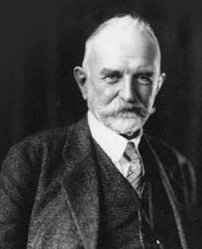A Quote by Thomas Szasz
As the dominant social ethic changed from a religious to a secular one, the problem of heresy disappeared, and the problem of madness arose and became of great social significance. In the next chapter I shall examine the creation of social deviants, and shall show that as formerly priests had manufactured heretics, so physicians, as the new guardians of social conduct and morality, began to manufacture madmen.
Related Quotes
The zooming wealth of the top 1 percent is a problem, but it's not nearly as big a problem as the tens of millions of Americans who have dropped out of high school or college. It's not nearly as big a problem as the 40 percent of children who are born out of wedlock. It's not nearly as big a problem as the nation's stagnant human capital, its stagnant social mobility and the disorganized social fabric for the bottom 50 percent.
My ethical naturalism sees us as facing the predicament of being social animals without evolved adaptations that make social life easy. The fundamental problem that sparks the ethical project lies in our limited responsiveness to one another. The only way we have to address that problem is through a representative, informed, and engaged conversation.
Social media is itself as temporary as any social gathering, nightclub or party. It's the people that matter, not the venue. So when the trend leaders of one social niche or another decide the place everyone is socializing has lost its luster or, more important, its exclusivity, they move on to the next one, taking their followers with them.






































